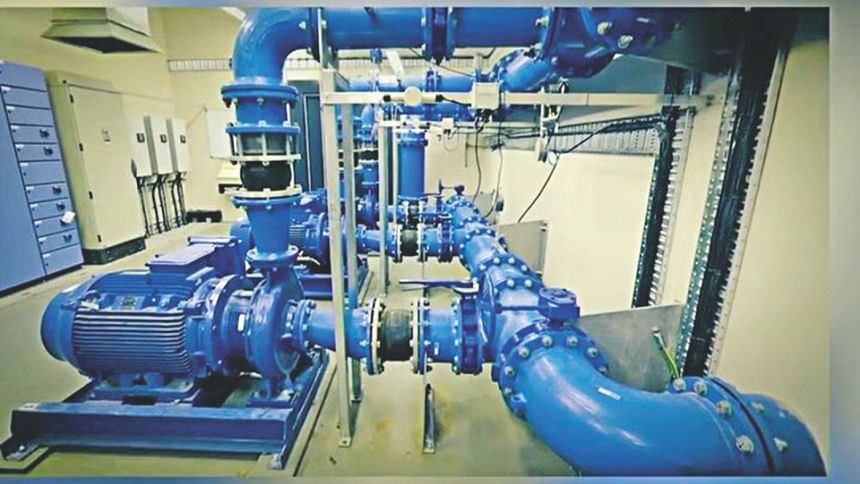Automatically chlorinating water cuts child diarrhoea by almost a quarter in urban Bangladesh

A novel water treatment device that delivers chlorine automatically via public taps without the need for electricity, reduced child diarrhoea by 23% compared with controls (156 cases out of 2,073 child measurements [7.5%] vs 216/2,145 [10%]) over 14 months in two urban neighbourhoods of Bangladesh, according to a randomised trial following more than 1,000 children published in The Lancet Global Health journal.
Clean water is still a major problem in poor urban communities in low-income countries, where contamination by bacteria can lead to high rates of diarrhoeal diseases such as cholera and typhoid, harming children's health and growth. Worldwide, an estimated one billion people who have access to piped water are drinking water that does not meet international safety standards.
"Chlorination is one of the cheapest and most widely available methods to make drinking water safe, but poor taste and bad smell of chlorinated water are major barriers to adoption," explains co-author Dr Sonia Sultana from International Centre for Diarrhoeal Diseases Research, Bangladesh (icddr,b).

 For all latest news, follow The Daily Star's Google News channel.
For all latest news, follow The Daily Star's Google News channel. 



Comments